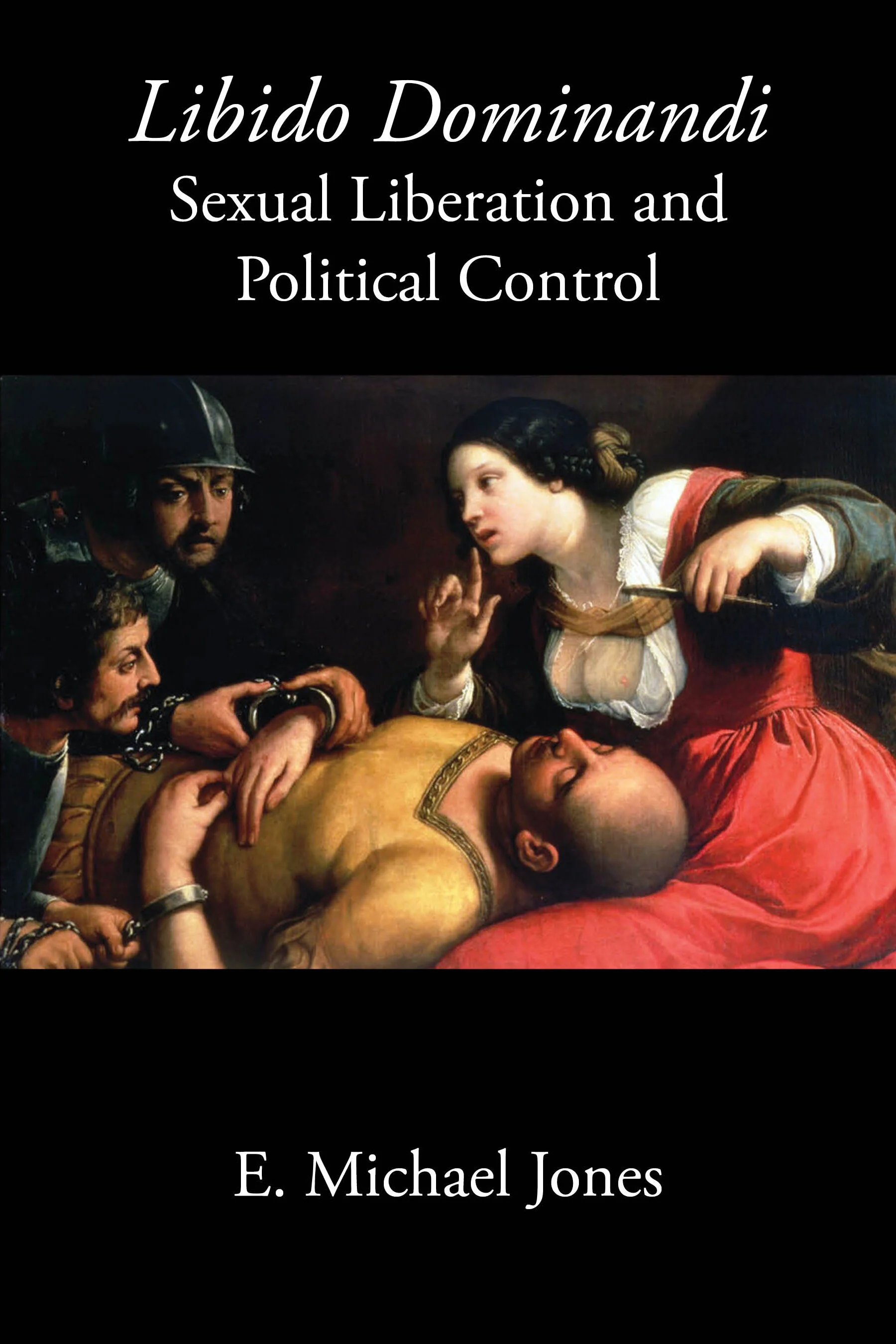The Jewish Revolutionary Spirit in Asia
/By the summer of 2018 I began researching why the Japanese invaded Korea, why comfort women issues are so sensitive in the same region, why the Nanking (or Nanjing) incident has been so simplistic, and to what extent Soviet communism influenced Korean revolutionaries from the early 1900s up until the late 1940s.
What became unquestionably clear to me throughout my studies was that what was true in the United States and much of Europe with respect to subversive movements, the deconstruction of the moral and social order, and messianic politics was a fortiori true in much of Asia, most specifically in China under Mao, in Cambodia under Pol Pot,1 in Vietnam under Ho Chi Minh,2 in Korea through the communist movement,3 and in Japan when the feminist movement began to assault the nuclear family in the 1970s.4
It must be stated briefly here that when Bolshevism, Communism and Socialism produced “the god that failed” in the Soviet Union, their spirit left those movements and settled in America in the neoconservative ideology, which eventually produced one disaster after another in the Middle East.5 But the ideological spirit didn’t die out, and over the decades has jumped around from place to place and movement to movement and has even taken different forms and variations.
When the same spirit moved to Asia, it produced identical results: famine and death, political chaos and social disruption, and an assault on the moral order. For instance, Maoism, a messianic movement which ended up killing over forty million people within less than six years,6 was essentially Bolshevism reincarnate in China, even though Mao later diverged from Bolshevism on some issues.7 As Mao himself put it, “The target is the Chinese revolution, the arrow is Marxism–Leninism. We Chinese communists seek this arrow for no other purpose than to hit the target of the Chinese revolution and the revolution of the east.”8
Mao used this Marxism-Leninism policy to promote an anti-Japanese ideology,9 the very thing that the Japanese were worrying about long before Bolshevism became a menacing political and bloody movement in Asia.10 Similarly, the United States ended up working with Ho Chi Minh’s communist cells in Vietnam in order to fight against Japan during the last year of World War II.11
By the time that the subversive spirit was almost done creating chaos in China, it then moved to Japan through feminism, and this is where our story becomes very interesting. Feminism came into full bloom in Japan in the 1970s, and feminist scholar Setsu Shigematsu of the University of California argues that it was “catalyzed by the 1960s uprisings in the wake of the anti-Vietnam war movement, student movements, and New Left radicalism.”12 The main thrust of the feminist rebellion revolved around, as Shigematsu puts it, the “liberation of sex,”13 which “focused on a critique of the modern family system as the foundational unit of Japanese national imperialism that reproduced discrimination.”14 Feminist pioneer Kate Millett (once called “the Mao Tse-tung of Women’s Liberation”), whose book Sexual Politics incited “a Copernican revolution” and which one advisor at Columbia University likened to “sitting with your testicles in a nutcracker,”15 was actually in Japan in the early part of the 1960s.16
One of the leading voices who spearheaded the feminist movement in Japan was none other than Tanaka Mitsu.17 Taking her cues from feminist writers like Angela Davis and Jewish revolutionaries like Wilhelm Reich,18 Tanaka was instrumental in establishing a group of radicals known as Fighting Women Group. Tanaka, who was “sexually abused as a child by a man who worked for her parents’ restaurant,”19 published her manifesto entitled, “Liberation from the Toilet,” in which she argued that women ought to be emancipated from the false dichotomy which the social system imposed on them. Women, she said then, were doomed to be either “mothers” or “whores.”20
Those two categories, argued Tanaka, are not viable options for women at all. She even “connects the ‘chaste’ status of the Japanese wife to the violation of those euphemistically referred to as the ‘comfort women.’”21 Tanaka declared: “The chastity of the wives of the military nation and the dirtied pussies of the ‘comfort women’ are both two extremes of a structure of consciousness that denies sex.”22 She said elsewhere:
Thus as for our liberation as women, it must be a liberation of eros, which means a reform of our stream of consciousness that denies our sex...and we direct our movement towards the dismantling of the i.e. (household system)…By questioning men and authority, we will deconstruct our own fantasies of love, husband and wife, men, chastity, children, the home, and maternal love. As we design our own subjective formation, we would like to aid in the (re)formation of men’s subjectivity.23
Tanaka was essentially appropriating Wilhelm Reich’s The Sexual Revolution, which is “the one book Tanaka explicitly advocated reading.”24 Shigematsu writes that “Tanaka cites Marx, Lenin, Sartre, Reich, and Angela Davis. These names point to the four intellectual traditions that form her theory of liberation: Marxism, existentialism, psychoanalysis, and black liberation thought.”25 The subversive ideas of these revolutionaries “provided the conceptual grounding that gave birth to ribu.”26 Davis herself was a member of the Communist Party USA. She graduated from Brandeis, and studied philosophy at Frankfurt, Germany, under Herbert Marcuse, another revolutionary.
In her own autobiography, Davis admits that she drew some of her inspirations from Lenin, particularly Lenin’s What Is to Be Done.27 She also admitted that members of the Black Panthers were well aware of Lenin’s State and Revolution as well as “Marxist-Leninist Theory of Revolution.”28 During a televised interview, Davis admitted, “Herbert Marcuse taught me that it was possible to be an academic, an activist, a scholar, and a revolutionary.”29 Davis picked up Marcuse’s Eros and Civilization while she was a student at Brandeis. Paul Gottfried, who also received his Ph.D. under the tutelage of Marcuse, admits that “Marcuse combined devotion to Marxism-Leninism, in its Stalinist form, with postbourgeois erotic fantasy.”30
Both Marcuse and Reich were the product of the Frankfurt School in Germany, and it is interesting that Tanaka was advocating Reich’s ideology because Reich was a staunch proponent of child sexuality and what Helene Deutsch (“an active member of Freud’s inner circle”) called “Revolutionism.”31 Wilhelm Reich, Eric Fromm, Eric Erikson, Ernst Simmel, among others, were some of the many ideologues in the 1920s and 30s who saw psychoanalysis, according to Elizabeth Ann Danto, as “a social mission more than a medical discipline.”32 Reich called his network or organization “Sex-Pol,” which was an acronym for German Society of Proletarian Sexual Politics.33 The ultimate maxim of the organization was to “free sexuality within an egalitarian society.”34 What was Reich’s first plan of attack? Reich declared in The Sexual Revolution:
The first prerequisite for healthier human and sexual relationships is the elimination of those moral concepts which base their demands on allegedly supernatural commands, on arbitrary human regulations, or simply on tradition…We do not want to see natural sexual attraction stamped as “sin,” “sensuality” fought as something low and beastly, and the “conquering of the flesh” made the guiding principle of morality!35
If moral concepts with respect to sexuality ought to be eliminated, then almost anything is permitted, including sex with children, which Reich advocated in his book The Mass Psychology of Fascism. Reich said that “Sexual inhibition prevents the average adolescent from thinking and feeling in a rational way.”36 Reich moved on to say: “If one succeeds in getting rid of the childhood fear of masturbation and as a result thereof genitality demands gratification, then intellectual insight and sexual gratification are wont to prevail.”37
Reich—a former student of Sigmund Freud, the midwife of the sexual revolution, a radical who fought to “liberalize divorce laws and laws against abortion and homosexuality, and to spread the birth control education and access among the working classes”38—dropped the ideological bomb: “The mechanism that makes masses of people incapable of freedom is the social suppression of genital sexuality in small children, adolescents, and adults.”39 By 1932, Reich was so radical that Freud himself had to urge his followers to “Step against Reich.”40 Anna Freud said: “My father can’t wait to get rid of him inasmuch as he attaches himself to psychoanalysis. That which my father finds offensive in Reich is the fact that he has forced psychoanalysis to become political, psychoanalysis has no part in politics.”41
Reich himself ended up having a major influence on writers such as J. D. Salinger, Saul Below, Norman Mailer, Paul Goodman, Allen Ginsberg, Jack Kerouac, William S. Burroughs, Dwight Macdonald, and film producer and director Woody Allen,42 the man who was accused of sexually abusing his adopted daughter, Dylan Farrow.43
POLITICIZING SEX IN JAPAN
What we are beginning to see here is that Tanaka’s feminist ideology was essentially a reincarnation of Wilhelm Reich’s subversive philosophy, which he articulated in his book Sexual Revolution. Tanaka was invariably in line with the revolutionary spirit which has been in constant rebellion against the moral and political order since the beginning of time. Tanaka’s movement used political discourse “as a means to politicize sex and center the body of onna [women] as a political expression,”44 and by 1970 she started rekindling the revolutionary fire by “handing out her handwritten manifesto [a six-page pamphlet] that called for the ‘liberation of eros’ and the ‘liberation of sex.’”45
In raising these politically subversive issues, the feminist movement “sought to destabilize the idealized status of the peace-loving Japanese mother as it had been (re)constructed in the postwar.”46 Here Tanaka and other like-minded revolutionaries were obviously not talking about the almost universal agreement that women ought to be treated fairly and equally in the workplace and elsewhere. No, the goal was an aggressive fulmination against what feminist luminary Shulamith Firestone referred to as “the tyranny of the biological family.”47 Back in 1970, Firestone wrote in The Dialectic of Sex: The Case for Feminist Revolution,
[Karl] Marx was onto something more profound than he knew when he observed that the family contained within itself in embryo all the antagonisms that later develop on a wide scale within the society and the state. For unless revolution uproots the basic social organization, the biological family—the vinculum through which the psychology of power can always be smuggled—the tapeworm of exploitation will never be annihilated. We shall need a sexual revolution much larger than— and inclusive of—a socialist one to truly eradicate all class systems.48
This biological family, which according to Firestone manifests itself in “the nuclear family,” is “an aggressive chauvinism now developed enough to destroy us.”49 Firestone argued that her entire ideological substratum was an “attempt to develop a materialist view of history based on sex.”50 Firestone moved on to say: “To make both women and children totally independent would be to eliminate not just the patriarchal nuclear family, but the biological family itself.”51
The interesting thing is that when one of Firestone’s brothers (Daniel) shot himself in the heart in a deserted area in New Mexico, Firestone confessed that his death, “whether murder or suicide, afterlife or no, contributed to my own growing madness.”52 Tirzah, Firestone’s youngest sister, lamented: “It was when our father died that Shulie went into psychosis. She lost that ballast he somehow provided.”53 Keep in mind that Firestone had a tumultuous relationship with her father. Things went from bad to worse:
In early 1987, Firestone’s landlord on Second Street called Laya to say that the situation had become “dire.” Neighbors were complaining that Firestone was screaming in the night and that she had left the taps running until the floorboards gave way. Laya flew to New York and found Shulamith emaciated and panhandling, carrying a bag holding a hammer and an unopened can of food….
[…] This is just an excerpt from the May 2022 Issue of Culture Wars magazine. To read the full article, please purchase a digital download of the magazine, or become a subscriber!
(Endnotes Available by Request)








